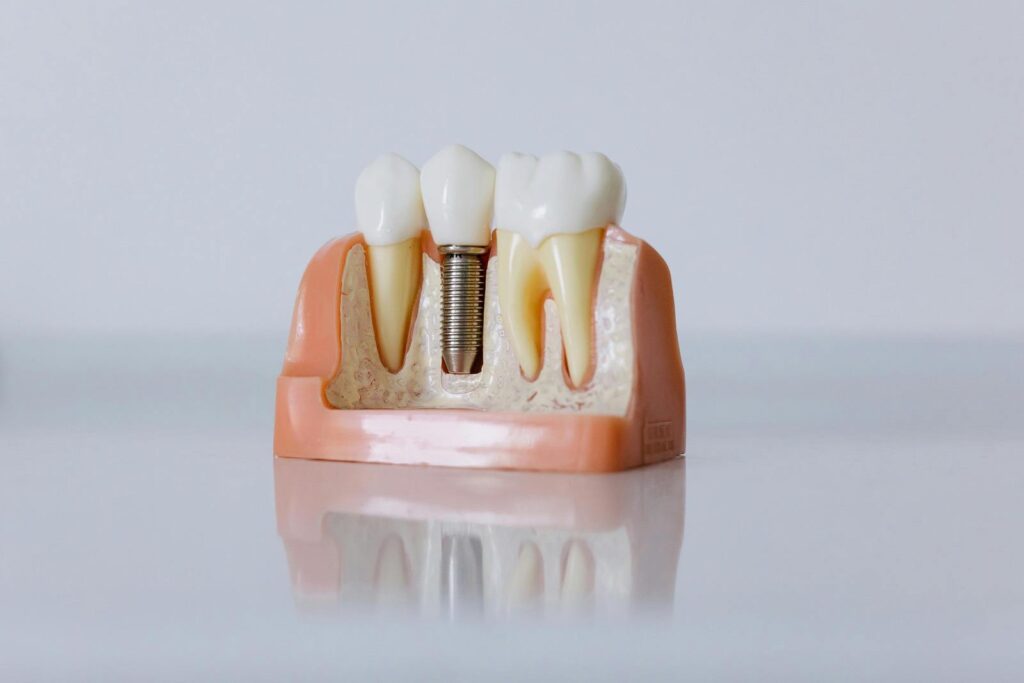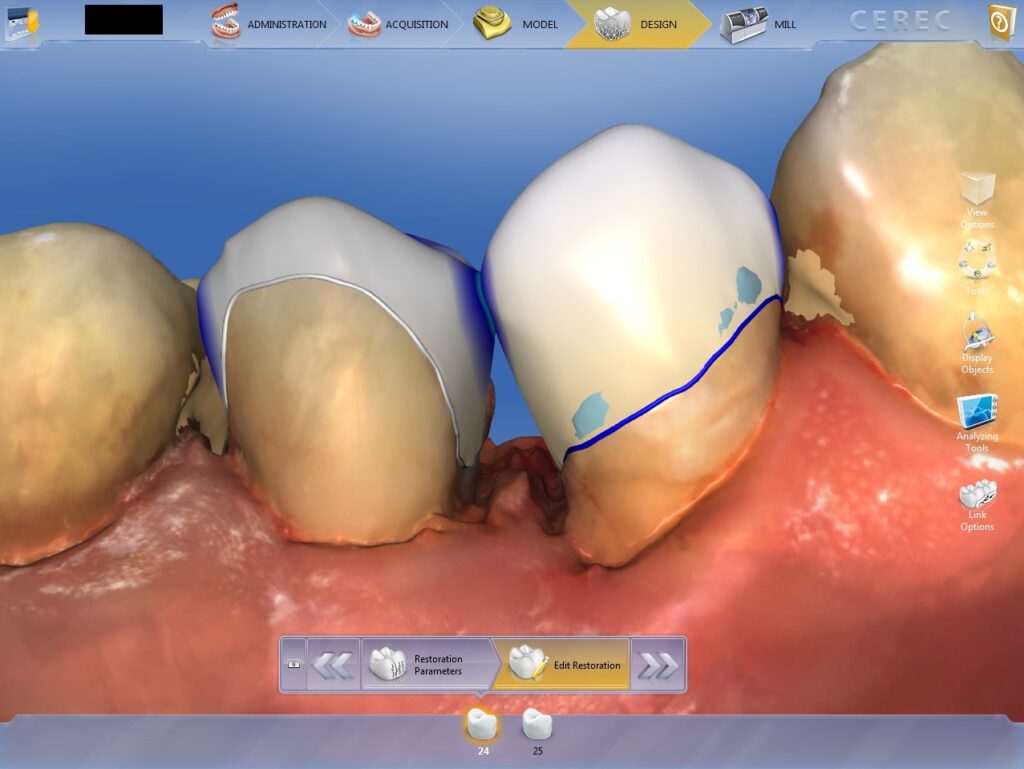Dental Emergencies Gold Coast
Navigating a dental emergency
Dental emergencies can encompass a range of situations, from toothaches to dental trauma, facial swelling, or lost fillings. If you find yourself in a dental emergency, swift action is crucial. Contacting your local dentist promptly can increase the chances of saving affected teeth and prevent potential infections from escalating.

Here when you need us most
Our commitment to providing exceptional dental care extends to ensuring accessibility during urgent situations. We recognise that dental emergencies can arise unexpectedly, so we’re pleased to announce that we offer emergency appointments exclusively on Sundays.
Our dedicated team of professionals is available to address critical dental concerns and provide timely assistance when immediate attention is required. Whether you’re experiencing severe tooth pain, trauma, or any other dental emergency, our Sunday emergency appointments offer prompt and compassionate care, ensuring your dental well-being even on weekends.
Understanding dental emergencies
Toothaches, dental trauma, lost fillings—these are all potential dental emergencies that require immediate attention. Promptly reaching out to your local dentist becomes paramount, not only to address the immediate issue but also to prevent any complications from arising.
Types of dental emergencies
- Toothaches: If you’re experiencing severe dental pain, it may indicate a developing dental abscess. Seek care urgently, using painkillers like paracetamol or ibuprofen until you can see your dentist.
- Lost Filling: If a filling dislodges, it’s crucial to schedule a dental appointment as soon as possible. Delaying the replacement may lead to tooth decay and additional complications. Maintain good oral hygiene in the affected area and minimise eating or chewing on that side until you receive professional dental care.
- Soft Tissue Injuries: Cuts, tears, or punctures to the tongue, cheeks, or lips require immediate attention. Clean the wound and visit your dentist or the emergency department promptly.
- Facial Swelling: Swelling around the jawline or cheeks may indicate an abscess. Seek medical advice by contacting your dentist or visiting the emergency department. Symptoms may include tooth and facial pain, pus, a bad taste, fever, difficulty swallowing, or sensitivity.

Managing dental pain
While awaiting dental care, consider these pain management tips:
- Apply a cold compress near the affected area to control swelling.
- Take over-the-counter pain medication like ibuprofen or paracetamol.
- Rinse your mouth with warm salt water to clean the affected area.
Remember, your dentist is the best person to evaluate your emergency situation and provide optimal treatment. Don’t hesitate to reach out promptly for the care you need.
What to do if a tooth is knocked out
If a tooth is knocked out, follow these steps:
- Handle the tooth by the crown, not the root.
- Gently rinse the tooth with milk or saline solution to remove dirt.
- If no dentist is available, try to reinsert the tooth into its socket, if possible.
- If reinsertion isn’t possible, place the tooth in a cup of milk or saliva.
- Seek immediate dental attention for the best chance of saving the tooth.



